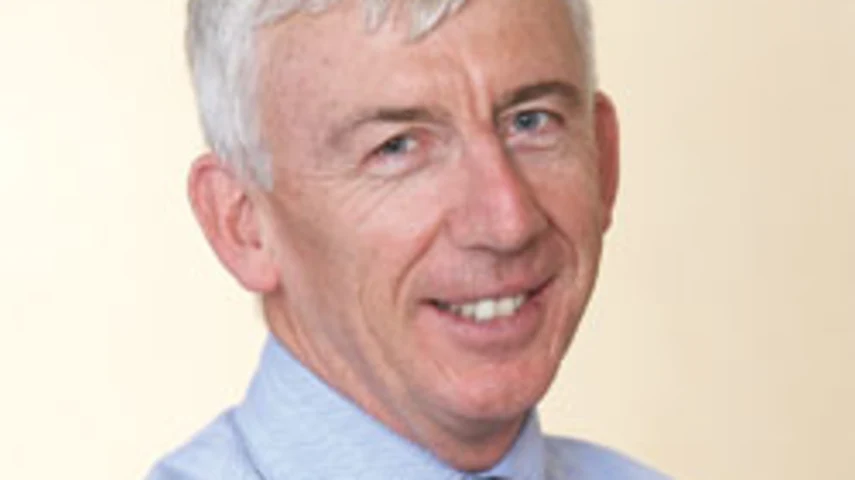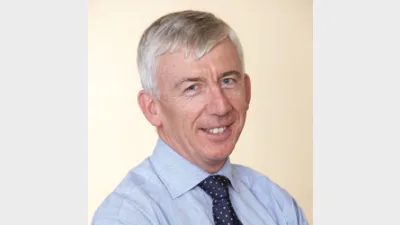Super principles a must to end Government meddling



The Association of Superannuation Funds of Australia (ASFA) is developing a set of systemic principles for the superannuation industry to present to Treasury before the 2013 budget.
ASFA chair and Sunsuper chief executive Tony Lally said it should bring an end to the Government's 'tinkering' and renew confidence in the system.
"Then we put it to bed and both sides of politics leave it and we get on with it and we run it - basically for the Government.
"That way the age pension in the future won't be as big, and we have a big pot of money to invest in infrastructure and railways and bridges across Sydney harbour and whatever the hell we need," he said.
Lally said the Government's recent removal of super tax concessions for high income earners was just one example of policy reducing people's confidence in the system.
He said the previous Government's tax concessions on super for people aged over 60 were not done with industry consultation.
"It's a bit disingenuous of Treasury to say that superannuation has $25 billion in tax concessions.
"The fact is it's a $1.5 trillion industry and the Government has set up the Super Guarantee contributions and people have accumulated assets over a lifetime - they can't just turn around now and say 'by the way, we're now going to tax you'," he said.
Lally said most other developed countries had a set of principles. Both sides of politics and industry needed to collaborate and decide on a system that was sustainable so the industry could get on with it, he said.
"It's not rocket science, it's actually quite simple - but by Governments coming along and saying we're going to change this and change that and tax this and tax that, you get this kind of flopping forwards and backwards and people just can't claim any confidence," he said.
Recommended for you
Australia’s superannuation funds are becoming a defining force in shaping the nation’s capital markets, with the corporate watchdog warning that trustees now hold systemic importance on par with banks.
Payday super has passed Parliament, marking a major shift to combat unpaid entitlements and strengthen retirement outcomes for millions of workers.
The central bank has announced the official cash rate decision for its November monetary policy meeting.
Australia’s maturing superannuation system delivers higher balances, fewer duplicate accounts and growing female asset share, but gaps and adequacy challenges remain.










